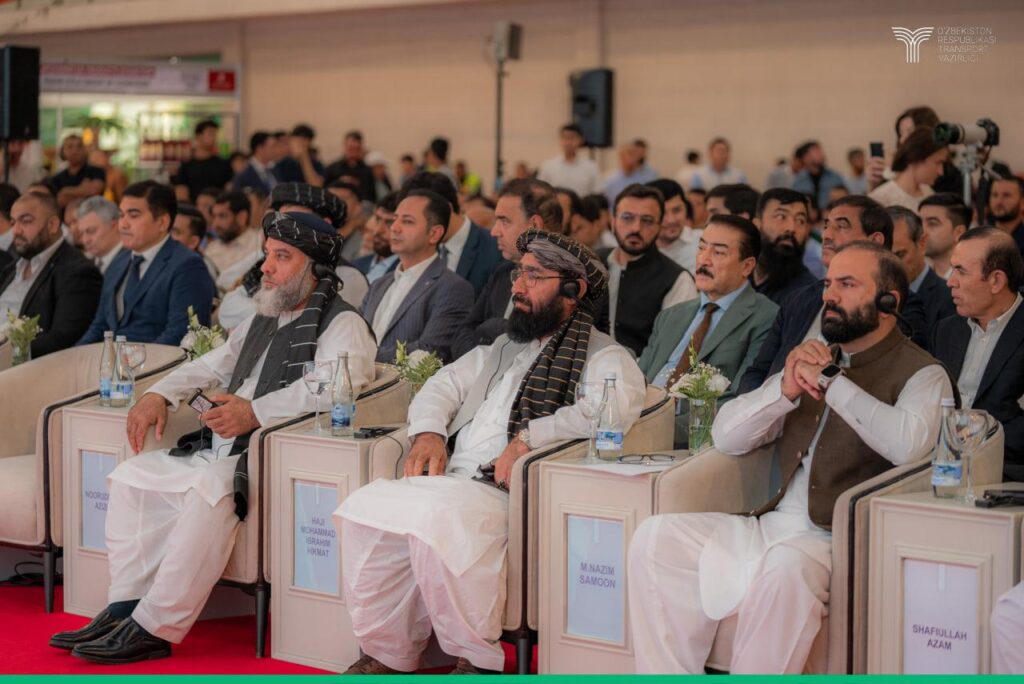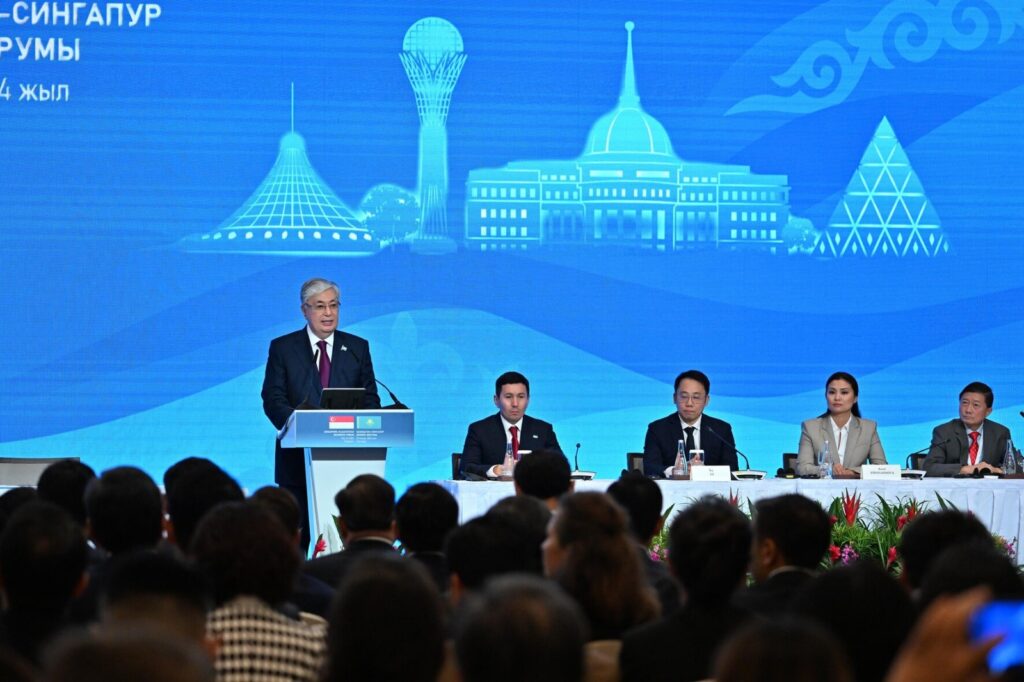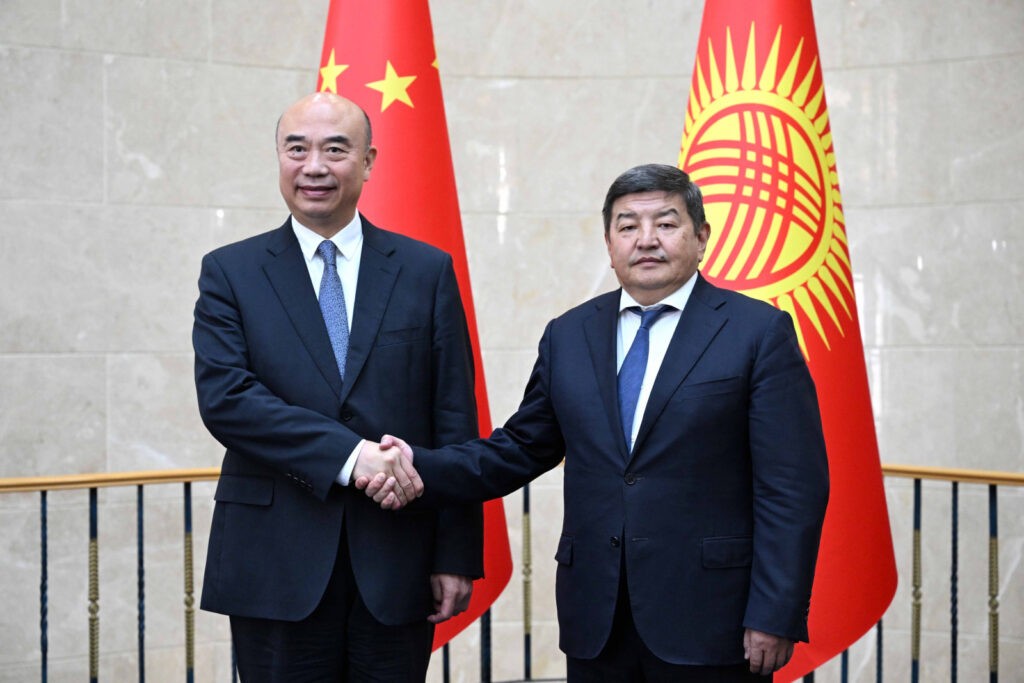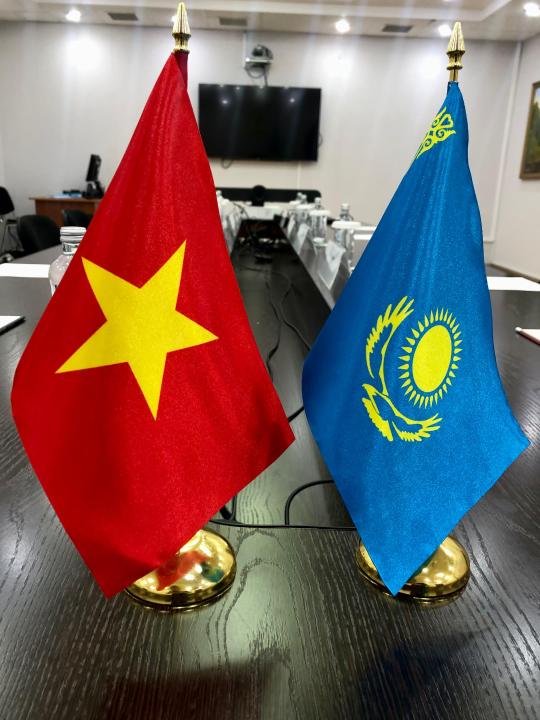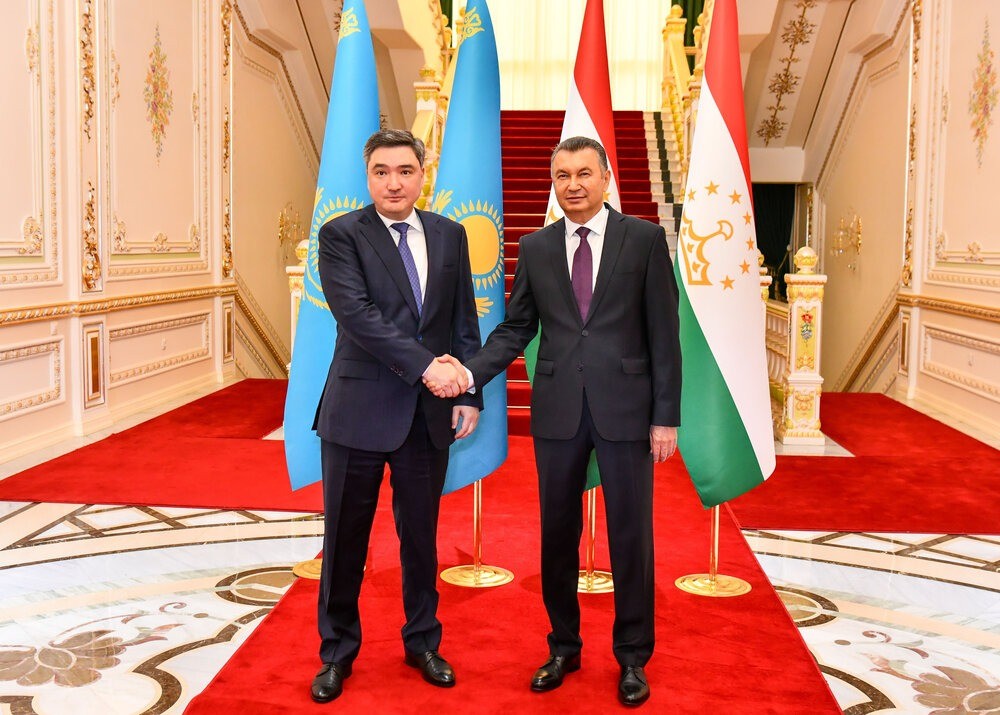Why Kyrgyzstan and China Are Reporting Different Figures on Bilateral Trade
At a press conference in Bishkek, Azamat Jumabekov, a representative of Kyrgyzstan's Chamber of Commerce and Industry, explained the significant difference in Kyrgyzstan-China trade statistics reported by Kyrgyz and Chinese authorities. According to Jumabekov, this happens because significant parts of goods that arrive in Kyrgyzstan from China are intended for further transit to other countries. Still, the owners register their goods as exports to Kyrgyzstan; hence, the Chinese statistics are incorrect. For instance, according to the National Statistical Committee of Kyrgyzstan, the volume of Chinese goods imported to Kyrgyzstan in 2023 was $5.4 billion; the Chinese Customs Administration reported the figure as $19.7 billion. Kyrgyz statistics show that in the first half of this year, Kyrgyzstan imported $3.1 billion worth of Chinese goods, a 42.5% increase compared to the same period last year. According to the Chinese Customs Administration, in the first half of 2024, China exported goods worth $9.4 billion to Kyrgyzstan and imported $95.5 million. According to Chinese statistics, China's trade turnover with Central Asian countries increased by 11.3% in the first half of 2024 compared to the same period in 2023, reaching $44.32 billion. Trade with Kazakhstan increased by 19.4%, amounting to $21.7 billion. Trade with Uzbekistan increased by 2.5%, amounting to $6.25 billion. Trade with Tajikistan decreased by 14.2%, amounting to $1.81 billion. Trade with Turkmenistan decreased by 4.9%, amounting to $5.28 billion. During the first half of 2024, China's exports to Central Asian countries increased by 14.6% to $30.21 billion. Exports from Central Asia to China increased by 4.8% to $14.11 billion. Turkmenistan was the only exception, showing a positive balance in trade with China. Exports to China amounted to $4.82 billion (mainly Turkmen natural gas), while imports from China amounted to $460.2 million.

